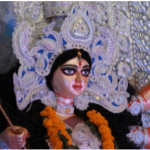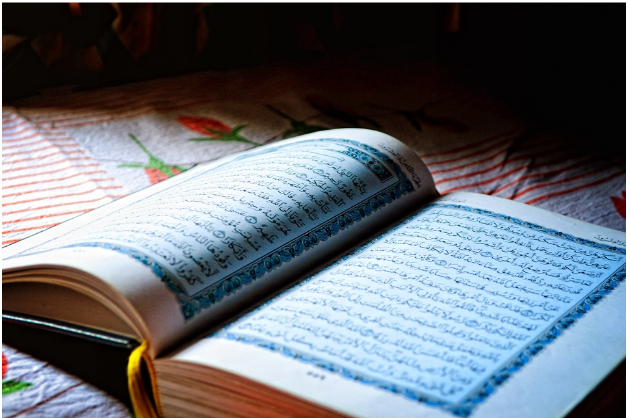Gudi padwa is known as the Marathi new year. India is one of the oldest civilizations and has festivals to celebrate. Gudi Padwa is one of the most beautiful festivals in India. Gudi Padwa is celebrated on the first day of Chaitra month according to Hindu mythology. This year 2023, will be celebrated on the 22nd of March. It is the main festival for Maharashtra, Karnataka, and Andhra Pradesh. This festival is celebrated as lunar according to the lunar fortnight.
Significance of gudi padwa
Gudi Padwa is also called Samvastar Padvo. The Gudi Padwa is made of two words–‘Gudi’, which means “emblem or flag of Lord Brahma” and ‘Padwa’, which means “the first day of the phase of the moon”. On this day, it is believed that Lord Brahma created the concepts of days, weeks, and months. It is also believed that earth’s one year, is equal to Brahma’s one day.

Celebrating Gudi Padwa has its own history. It is said to be the first day of the universe. Gudi Padwa is also called Ugadi in some parts of South India(Andhra Pradesh and Karnataka) in which the festival is celebrated in the same way. This day also symbolizes Lord Rama’s victory over Ravana. It is believed that the festival comes after Lord Rama’s return to Ayodhya after 14 years. It has many names such as samvatsar padwa, yudagi, Ugadi, cheti chand, etc.
Facts about Gudi padwa
- On this day the sun will be above the intersection of the equator.
- It is the starting day of the spring season so every year, the day of Gudi Padwa is changed according to the start of the spring season.
- The celebration of Gudi Padwa was started by Chatrapati Shivaji after the victory. Then the tradition started being followed by every household in some states of India.
- It is also celebrated as the new year.
- According to Hindu mythology, on this day lord Brahma(creator of the universe) recreated our earth after the destruction due to a flood.
- Gudi Padwa is worshipped within 5-10 mins during the sunrise.
- It is also celebrated in northeastern parts of the country where it is called sajibu.
- Six ingredients in Gudi Padwa symbolize the emotion of a person: neem–sadness, jaggery–happiness, green chili–anger, salt–fear, tamarind–disgust, and mango–surprise.
- Buying gold, and vehicles and starting a new work is considered as prosperous as it is believed that the work started on this day will surely be successful in any case.
- In some states like Maharashtra, the piece of cloth is generally tied on a stick but in Maharashtra, it is tied on a doll, and the doll is decorated in a very beautiful form.
- The Gudi Padwa also signifies the arrival of crops, during ancient periods the farmers calculate this period and start to harvest.
- All the festivals are based on harvesting as the food is the main way of living.
Celebration
The festival starts with a traditional oil bath followed by everyone wearing a new dress. Rangoli is a must which is made of different types of colours, it is generally made manually with some creativity. Big rangoli is made at the entrance of the house and other rangoli(medium size and small size) are made all over the house for beautiful decoration. A piece of cloth is tied on the stick of a bamboo tree which will be 5 feet tall. The neem leaves and candy(gud) are also placed on the top of the stick. After this, on the top of the stick, a silver utensil is placed.

Gudi padwa is made of neem, coconut pulp, tamarind, and jaggery which is very healthy to have. Kaju, modak is also given as prasad during Gudi Padwa. During the festival, rabi crops are sowed to welcome the spring. Everyone in India has a different way of thanking the farmers and welcoming the season.
It is very pleasant and beautiful to celebrate Gudi Padwa. As India is a country with diversity, Gudi Padwa is celebrated by some states but there are many such festivals that are significantly celebrated for welcoming the harvesting season or welcoming the spring season like makar sankranti, Pongal, and Onam. These festivals too are celebrated for welcoming. In India, all the festivals have some or other strong season to celebrate the occasion.
MUTHU GOMATHI
21.03.2022






